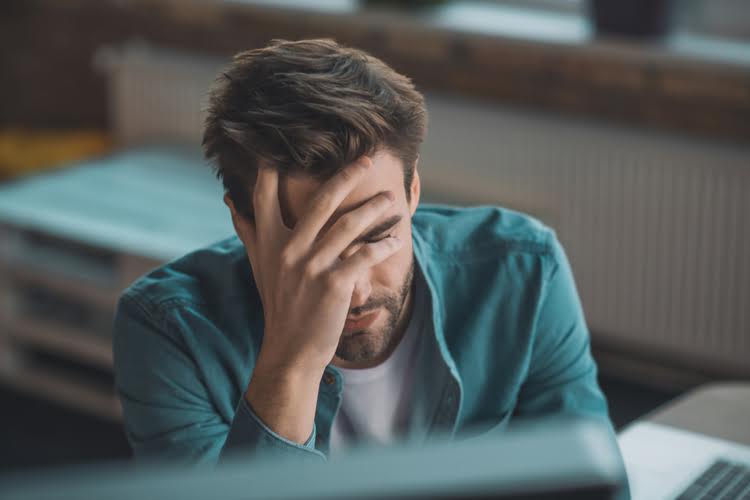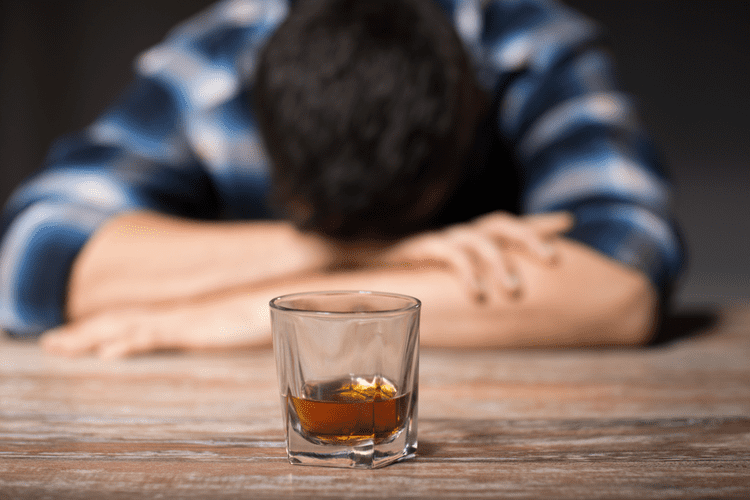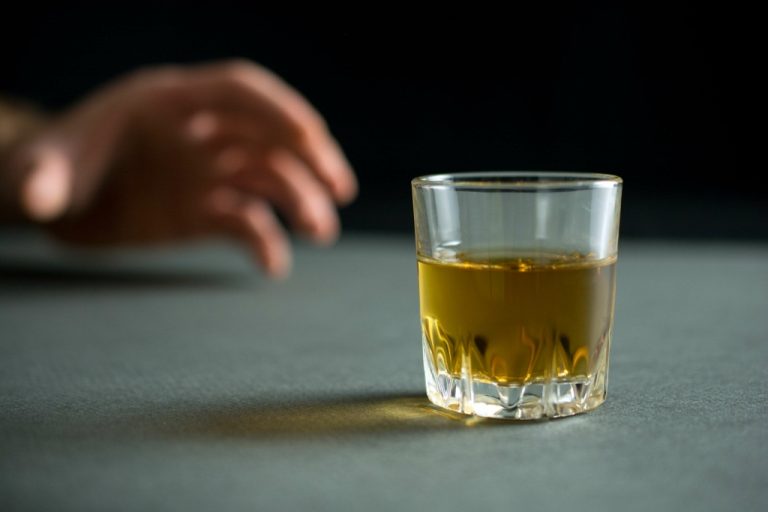Not only is staying well-hydrated key to your long-term health, but it can also help you avoid uncomfortable hangover symptoms. You probably know dehydration as what happens to our bodies when we don’t take in enough fluids. “That’s pretty close to those hangover symptoms, right?” asks Brigitte Zeitlin, M.P.H., R.D., C.D.N., and owner of BZ Nutrition. In conclusion, understanding the truth about red wine and hydration allows individuals to enjoy it responsibly. Moderation, along with appropriate water intake, can mitigate adverse effects.
If you’re ready to see how This Naked Mind can help you on your personal health and wellness journey and wanna learn more. We have all of our free resources, programs, social links and more available for you there. Plus, if you have your own Naked Life Story, you can submit it there as well. It’s a small molecule and gets very quickly through the walls of the gut into the bloodstream and then to the brain.
How Much Champagne To Get Drunk?
Drink plenty of plain water, an electrolyte drink or sports drink, and eat water-rich, easily digestible foods. Drinking water while you’re still drunk isn’t going to what is alcoholism prevent you from becoming dehydrated, but it may help lessen the degree to which you’re dehydrated. While it depends on a variety of factors relating to how much you drink, your metabolism, genetics and more, alcohol can stay in your system a long time – and be detectable for weeks or months depending on the test.
Does Alcohol Make You Hungry?
- Ghrelin, the “hunger hormone,” signals hunger to the brain, and leptin is released to signal fullness.
- These include an increased heart rate, feeling unusually hot, and a flushed face or neck.
- Ongoing or sudden blood loss—thanks to issues like heavy periods and bleeding ulcers—may spike your thirst levels as your body aims to make up for the fluid loss.
- Other treatments include medications, iontophoresis (a machine used to reduce sweat output), surgery, or a combination of these therapies.
- Avoiding tight-fitting clothing, especially in warm weather, is also important for allowing air to circulate around the affected area.
- Red wines tend to contain higher levels of histamines and tannins than white wines, which can make them more likely to cause adverse reactions in sensitive individuals.
A careful blend of sodium, magnesium, and potassium, E-Lyte is a must-have for holiday drinking, late-night parties, and the kind of family gatherings that require a little wine (we’ve all been there, no judgment!). It’s formulated to stop dehydration in its tracks and boost your energy and mental clarity. The night is off to a great start and you’re catching up with friends and family. Then you suddenly start to feel the effects of more alcohol than your body’s used to on a regular evening. You weren’t planning for a headache, nausea, and endless trips to the bathroom to interrupt this party. Because alcohol inhibits antidiuretic hormone, it can force liquids out of your body along with essential minerals and electrolytes – this process occurs even faster on an empty stomach.

Mind you, you’ll be a bit better off than if you didn’t drink any extra water at all, but you’ll still be dehydrated. So in general, each shot of alcohol makes you urinate an extra 120 millilitres of urine on top of your normal urine output. However, the amount you drink may make a difference, and some beverages may affect the perception of thirst differently. However, research is does wine make you thirsty mixed on the hydrating effects of certain beverages.

You may not sleep well
If you’ve eaten some food and have consumed a glass of water, you can drink a few glasses of wine before you start to feel the effects of mild to moderate dehydration. Of course, the more you urinate, the faster you’ll become dehydrated if you keep following up with more glasses of wine. Generally, if you have already eaten a meal or if you are drinking a glass of wine with your meal, you won’t experience many of the effects of dehydration, if any. However, if you have an empty stomach, a single glass of wine will cause mild dehydration if you don’t follow it up with a glass of water within the hour. The alcohol and sugar in wine take your body a good amount of energy to break down compared to simpler foods or beverages. Because your body has to use extra energy to break down the wine contents, your body’s core temperature may also increase.
If the wine is at an average 13 percent alcohol content like most wines, its equilibrium point may leave you dehydrated in theory, but it’ll still be better than not drinking anything at all. In other words, you’d be about as dehydrated drinking the wine as you would not be drinking anything, period. If you don’t already drink white wine, Wong says, there’s no need to start now if you don’t want to. But if you’re a big fan of how light and refreshing it tastes, it’s fine to go ahead and enjoy a glass — as well as a health benefit or two. Excessive alcohol consumption, regardless of the type of beverage, can lead to sickness, including nausea, vomiting, and hangover symptoms.
Some people may react to the tannins in wine, while others are sensitive to ethanol, the chemical found in alcohol that causes vasodilation, or the dilation of blood vessels. A spiked cider for the holidays probably won’t do too much to dehydrate you — but it could be a completely different story with hard liquor like whiskey, brandy, and vodka. Some can be tricky — like high-quality wines with a higher alcohol by volume than low-quality wines. Alcohol is a natural diuretic that draws fluid out of your body, expelling it through your kidneys and bladder more rapidly than usual.

There are several things you can do to reduce your alcohol intake and prevent excessive sweating. Before drinking, make sure to have a meal that is full of protein and healthy fats. This will help slow down the absorption of alcohol into your system, giving your body more time to process it. You should also stay hydrated by alternating between alcoholic and non-alcoholic beverages throughout the night.
- Other health issues can follow, making it harder to have a healthy relationship with food and alcohol.
- In fact, a mixed drink can be more hydrating (okay, okay, less dehydrating) than taking a shot.
- Acute 22 and chronic alcohol intake 23, 24, 25 also induces hyposalivation, which is a cause of oral dryness.
- Applying antiperspirant solutions two times a day helps control wetness and odor while keeping skin dry and comfortable.
- A bottle of whiskey on the mountain after a full day of skiing and snowboarding sounds like a dream.
- Besides dehydration, alcohol can have other negative effects on the body.
- Alcohol dehydrates us through its diuretic effect and contributes to fluid loss through sweating or vomiting.
Alcohol functions as a diuretic, meaning it https://idealm.ro/drinking-alcohol-and-skin-health-uncover-the-5/ makes you urinate more, leaving less fluid in your blood and potentially leading to dehydration. Drinking alcohol decreases the amount of vasopressin (an anti-diuretic hormone that helps the kidneys hold onto water) made in the body. As a result, you will lose water from your body after drinking alcohol. While the dehydrating effects of alcohol are mild, the effects are cumulative, meaning the more you drink, the more dehydrated you may become. As a result, your body sweats as a way to cool down, even when it doesn’t need to.
To understand how wine dehydrates you, we have to break down the dehydrating effects of alcohol overall. Alcohol doesn’t only affect hydration levels in the body but also the balance of electrolytes, which is essential for several bodily functions. Electrolytes include magnesium, potassium and sodium and play a key role in nerve transmission, cellular function and muscle contraction. Alcohol and alcohol-induced dehydration can lead to imbalances within these, resulting in weakness, fatigue and muscle cramps – all of which can be dangerous if they’re not dealt with appropriately. “When we drink a moderate amount of dry white wine, it promotes digestion and relaxation,” Dr. Marina Yuabova, DNP, FNP, a family nurse practitioner, tells Bustle. It may also have beneficial effects on blood pressure, mood, and blood cholesterol, Dr. Richard Honaker, M.D., and chief medical advisor at Your Doctors Online, tells Bustle.
It can occur in any area of the body, but most commonly affects the armpits, palms, and feet. Treatment options vary depending on the cause and severity of symptoms. It’s also wise to avoid further drinking until you feel back to normal. If symptoms persist despite attempts at cooling down, seek medical attention immediately as this can be a sign of alcohol poisoning or another serious health issue. When you’re feeling a hangover, it’s important to explore the root cause. That splitting headache you wake up with after a fun night of drinking might not be entirely due to dehydration.
